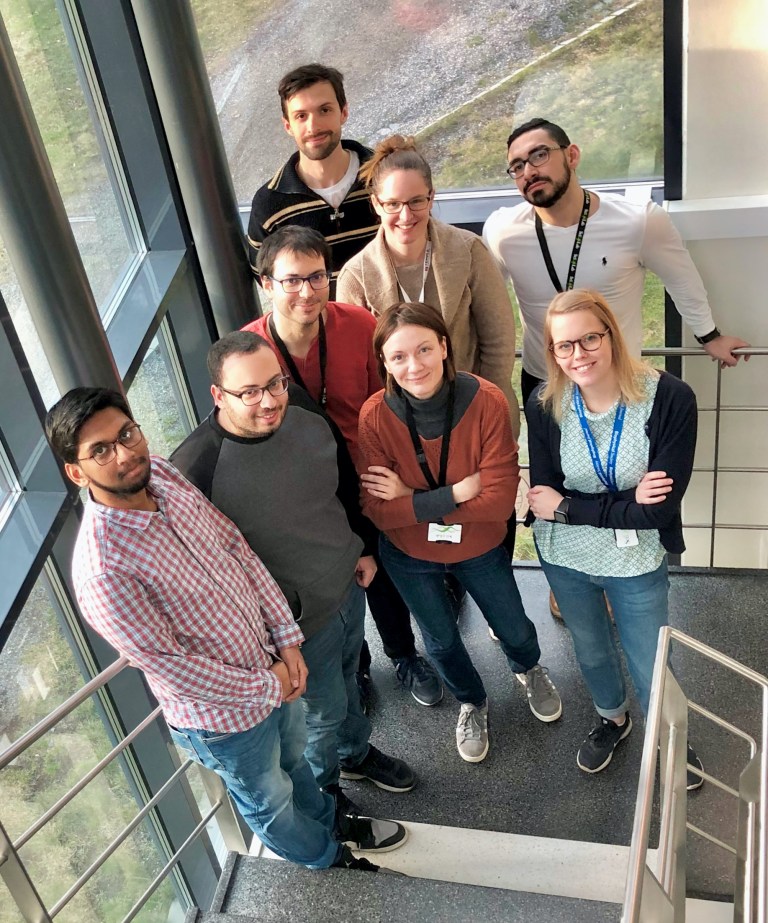Research Interests
The cellular membrane acts as a barrier to isolate the cell’s inside from the outside world. To communicate with its environment, the cell uses membrane proteins that facilitate the transport and permeation of otherwise impermeant species. Dysfunction of these proteins lead to diseases such as epilepsy, heart arrhythmias or paralysis. These proteins are also privileged drug targets since they are accessible from the outside of the cell.
Recent developments in structural biology have provided us with static structures of these exquisite molecular machines, yielding the first insights into how these proteins may perform their function. We provide further insight into their function and regulation by their environment by using molecular dynamics simulations, which we run on high performance computers afforded by the Swedish National Infrastructure for Computing. This allows not only to understand the complex interplay between the ion channel and its environment, particularly components of the cell membrane but also to delve into the details of how these molecular machines harness energy and perform their role at the atomistic level.
We collaborate with groups all over the world to tackle questions of biomedical relevance in a collaborative fashion. For example, we investigate the fundamental aspects of heart channel activation with electrophysiologists from the University of Wisconsin, Madison; we understand and design novel drugs to treat epilepsy with researchers from the University of Linköping or else, we gain access to the molecular level details of G-Protein coupled receptor activation with computational chemists from the University of Uppsala.
Recent interview
Computational biophysicist Lucie Delemotte on ion channel simulations, coronavirus and kickboxing
Group members

